This post originally appeared on LinkedIn Pulse on September 23, 2015.
About 30 years ago I graduated law school and decided to head to Washington, D.C. I was interested in public service and had been schooled to believe that the nation’s capital was the place to make the biggest change for the largest number of people.
I ultimately spent 10 years in the national government—first working in the United States Senate to craft laws addressing homelessness, affordable housing and mass transit and then serving under President Clinton as chief of staff for the United States Department of Housing and Urban Development.
I was raised, like people all around the world, to respect that hierarchy of power.
National governments sit at the top of that hierarchy—setting laws, raining down resources, “running the country.” Cities are at the bottom of the heap—performing ministerial tasks or acting as mere delivery vehicles for national programs.
I was wrong.
I no longer look to Washington to fix all problems. I now believe cities are the level of society that will address many of the economic, social and environmental challenges facing the world today. What’s more, cities are likely to do so in a way that is more efficient, more effective and more democratic than national governments.
Across the world—but particularly in the United States and Europe—cities and metropolitan areas are tackling some of the toughest challenges that national governments either can’t or won’t address: climate change, social mobility, international migration, demographic transformation, economic competitiveness and more.
I call this the metropolitan revolution and I believe that city power and problem solving will define this century to the same extent as national power and problem solving defined the last.
The revolution is alive and well even in cities like Detroit that have experienced decades of population decline and job loss.
Against all odds, Detroit is rising. Private and civic leaders, recognizing that the federal cavalry is not coming, are fueling a renaissance in the core of the city.
A lot of attention has been paid, as it should, to the efforts of billionaire urban evangelist Dan Gilbert, whose investments have been pivotal in the relocation of businesses to the core as well as the rise in start-ups and downtown living. But credit is also due to people like Sue Mosey, the so-called “Mayor of Midtown,” whose early work revitalizing neighborhoods has evolved into guiding the expansion of anchor institutions like Henry Ford Hospital and Wayne State University and new businesses like Shinola manufacturing.
And as corporate relocation, anchor expansion, entrepreneurial growth, housing and retail have renewed Detroit’s core (where 4 percent of the city’s land mass boasts more than 50 percent of the jobs) a consortium of public, private and philanthropic institutions—including Gilbert, the Kresge Foundation and the Big 3 auto companies—have committed over $100 million to connect and spur development between the downtown and midtown with a new light rail line, the M1 Rail. The city that invented the mobility of the 20th century is adapting to the new mobility of the 21st.
The revival of the city is growing jobs for local residents, generating tax revenues for local services and schools and creating a sense of community pride and possibility that is second to none in the United States. This is happening because of the imagination, creativity and commitment of local leaders and citizens.
So if I was graduating from law school today, I would NOT head to Washington, D.C. I would rather head to a city like Detroit where my talents and energies would be put to full use.
Perhaps I would serve in local government and eventually run for office. Perhaps I would join or start a nonprofit focused on poverty or neighborhood distress. Perhaps I would launch a company trying to bring market and technological solutions to bear on tough problems like vacant housing or climate change. The bottom line—the options in our cities are many and the potential to innovate is limitless.
So pick a city. Engage in the community. Take risks. Solve problems. Simultaneously build a career … and rebuild a city.
This post is based on a TEDx talk Katz gave in Hamburg, Germany in June 2015. Click here to see the talk.
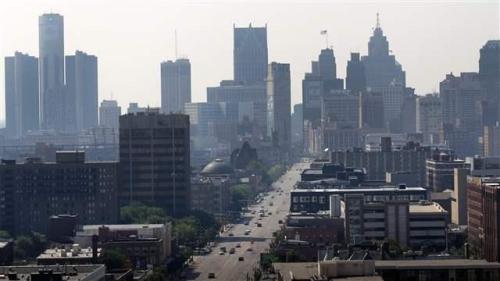

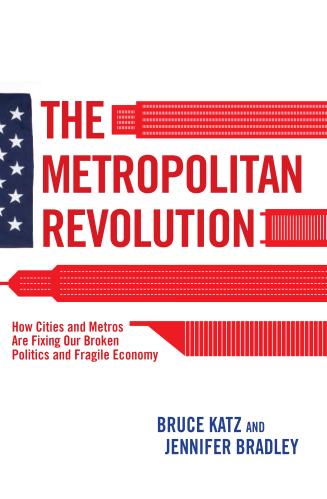
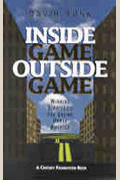

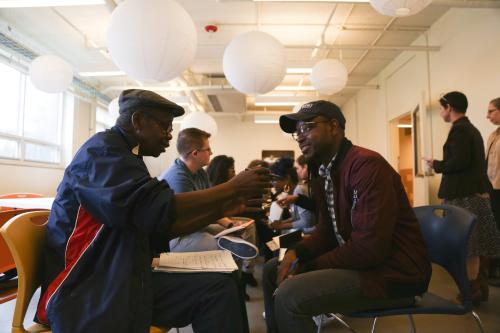
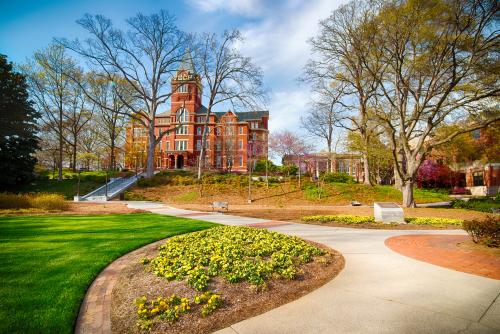
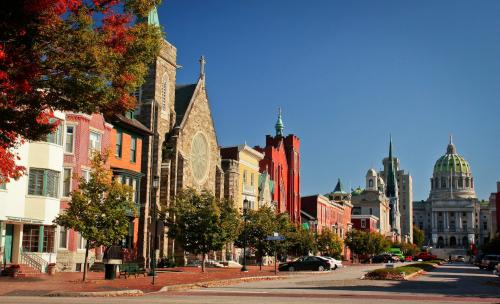
Commentary
Op-edIf I graduated law school today, I’d move to Detroit
October 15, 2015